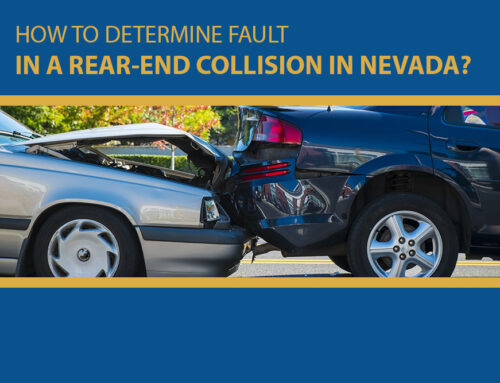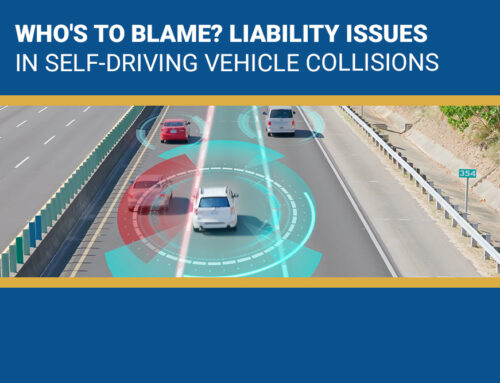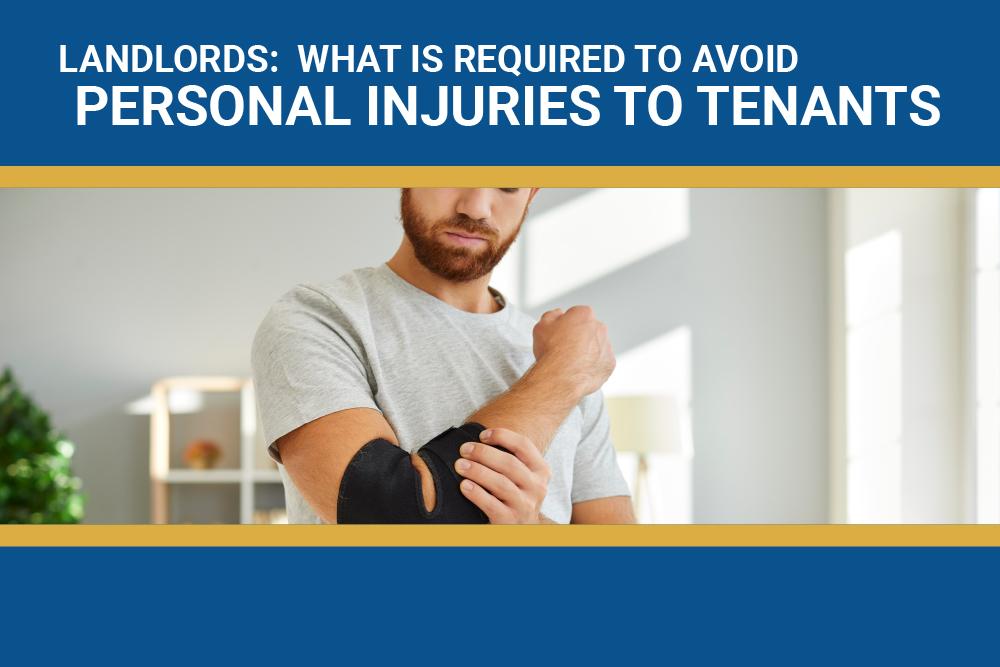
Landlords will serve themselves well by understanding how laws about personal injury in Las Vegas could affect their business operations. Rental property owners or their property management companies that fail to address property hazards could be responsible for paying damages to injured tenants. Knowledge of these legal responsibilities and vigilance to help avoid personal injuries can go a long way toward protecting you, as a landlord, from an expensive legal battle after an accident.
Maintain Properties in Habitable Condition
First and foremost, you need to ensure that every unit you rent is habitable. The standards of reasonable people and local building codes determine what meets the definition of habitable.
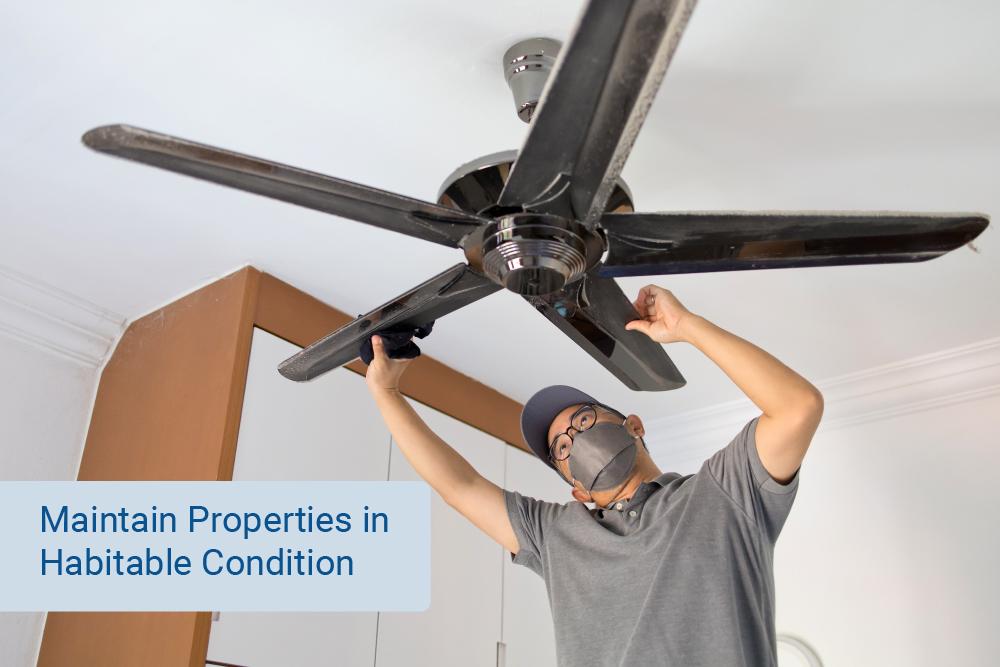
At a minimum, rental homes and apartments should have:
- Weather-proof roofs and exterior walls
- Plumbing and electrical systems that are up to code
- Structurally sound interior walls, floors, and ceilings
- Potable water supply that complies with health codes
An accident that hurts a tenant will bring your property maintenance under scrutiny. For example, an inappropriate electrical outlet near a sink that shocks and injures a tenant will call into question the workmanship of the electrical system.
An injured tenant could hire a personal injury lawyer to investigate who completed the work. Was the work done by an unqualified individual and meets the definition of negligence, which is the legal basis for awarding damages to accident victims? Was the work completed improperly and completely against established building codes?
Comply With Local Landlord Regulations
In the interest of providing renters with safe dwellings, municipalities have regulations that apply to landlords. If you own rentals in more than one location, you should know the specific laws applicable to each municipality.
It can be easy to assume that you are compliant because you know the rules in one place. However, small differences in local laws could expose you to liability for accidents. A tenant might cite violations of local regulations as evidence of negligence on your part. A Las Vegas injury attorney would investigate all regulatory issues related to the situation that caused a tenant to get hurt.
Regularly Inspect Properties for Hazards
Timely maintenance at your rental properties is your best defense against accidents. As any property owner knows, problems are constantly popping up, and keeping a property in good condition is a task that never ends.
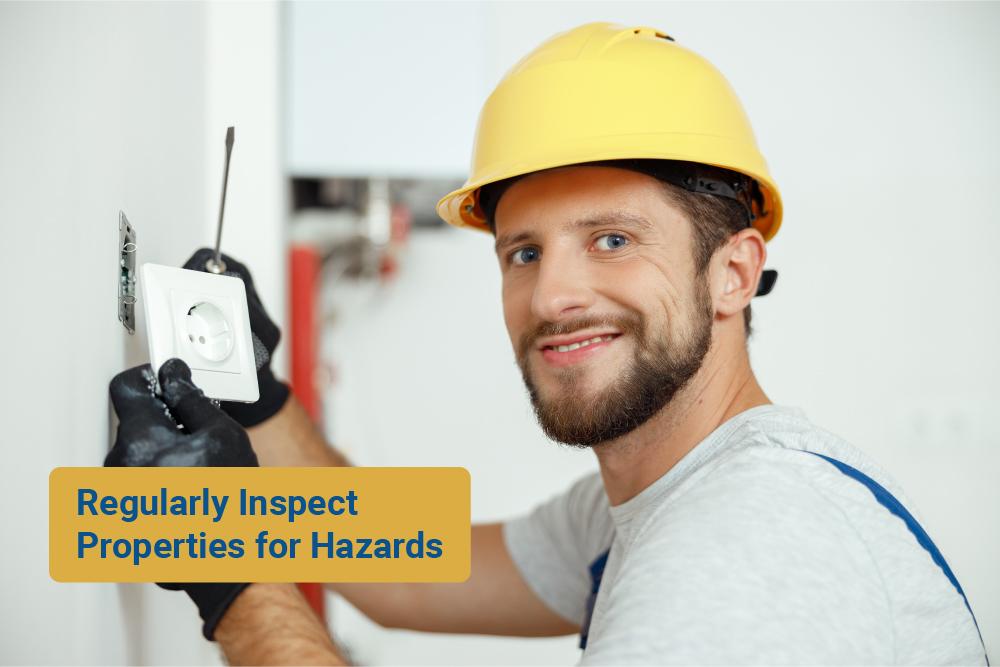
Checklists for each rental property offer an excellent way to monitor for hazards. Make a list of the areas on a property where you have control. Ideally, you or your property manager will inspect the property every hour, day, week and/or month and refer to the checklist so that you don’t miss important issues.
Inspections should cover:
- Swimming pools and spas
- Fitness rooms
- Clubhouses
- Sidewalks
- Parking areas
- Porches, steps, and stairwells
- Lighting
- Roofs and walls
- Security gates
Routine inspections will allow you to know when lights need changing or if a step or railing is broken. Even if you can’t perform a repair right away, think about whether it poses a danger to tenants. Put up a warning sign and inform tenants of the hazard if it could.
Provide Tenants with a Way to Report Problems
Your tenants are on your properties every day, and they could notice problems before you do. You should have a system that allows them to report issues to you efficiently, and your lease might even outline the process.
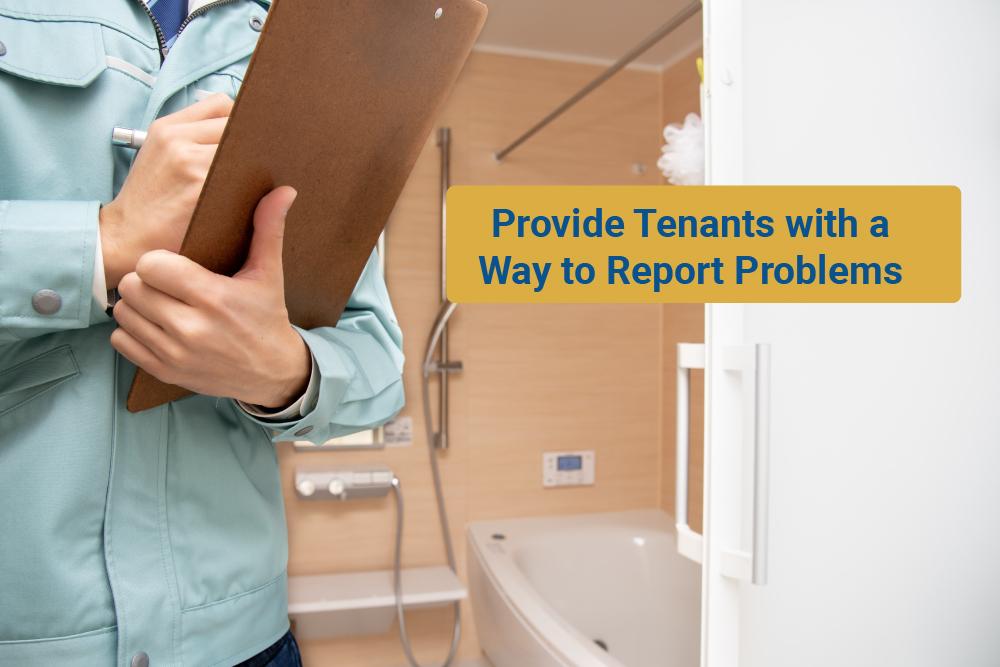
Obtain General Liability Insurance
Most businesspeople regard insurance as an unpleasant expense, but the protection could save you from big bills should a tenant make a personal injury claim against you. A general liability policy could cover damages related to injuries that you end up being found legally responsible for. You may want to explore what coverage is available with an insurance agent. An insurer could supply advice about how to eliminate property hazards to avoid personal injuries and protect your financial interests.
Control Determines Tenant Injury Cases
Control refers to who was in charge of the accident’s area. Should a tenant claim that your negligence caused the accident, the issue of control will be central to deciding your legal liability.
Generally, as the landlord, you will be largely responsible for safety issues on the exterior of a building and in common areas, like a laundry room or hall between apartments. These are the areas that you can see and should execute repairs whenever needed to help avoid personal injuries.
However, your duty to maintain a habitable property may encompass internal issues. For example, if a broken pipe causes water damage throughout the building, you would be responsible for fixing all issues related to the water beyond just fixing the pipe. A floor or ceiling weakened by water damage could cause an accident.
Tenants can be responsible for the interior areas that they occupy. A tenant injured after tripping over a pair of shoes in the living room should not place any legal burden on you. Such an accident concerns the tenant and the tenant’s possessions that you have no control over.
Legal cases about personal injury in Las Vegas do not always have clear-cut interpretations. Some issues that, on the surface, appear to be a tenant’s fault might arguably be blamed on a landlord. An injured tenant may very well have questions about getting hurt and seek out the opinion of a Las Vegas injury attorney.
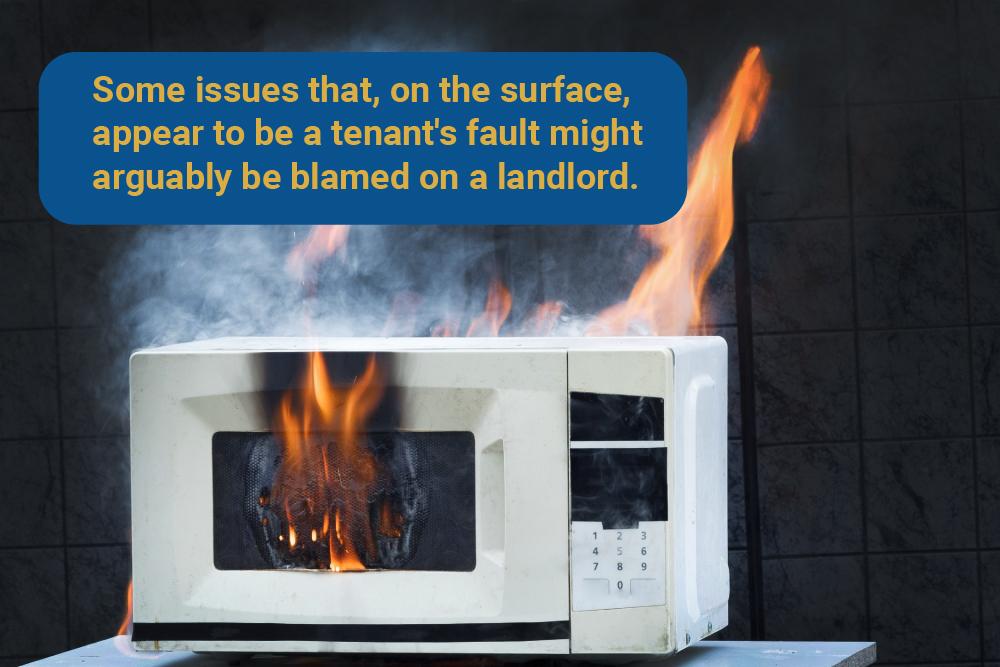
The accident that never happens is the one that is easiest to afford. With regular maintenance and solid insurance coverage, you can build a solid strategy to protect your real estate investments. As you assess any areas of vulnerability, keep in mind that a seasoned personal injury lawyer in Las Vegas could ultimately expose you to financial liabilities for failing to meet the safety requirements afforded to tenants.
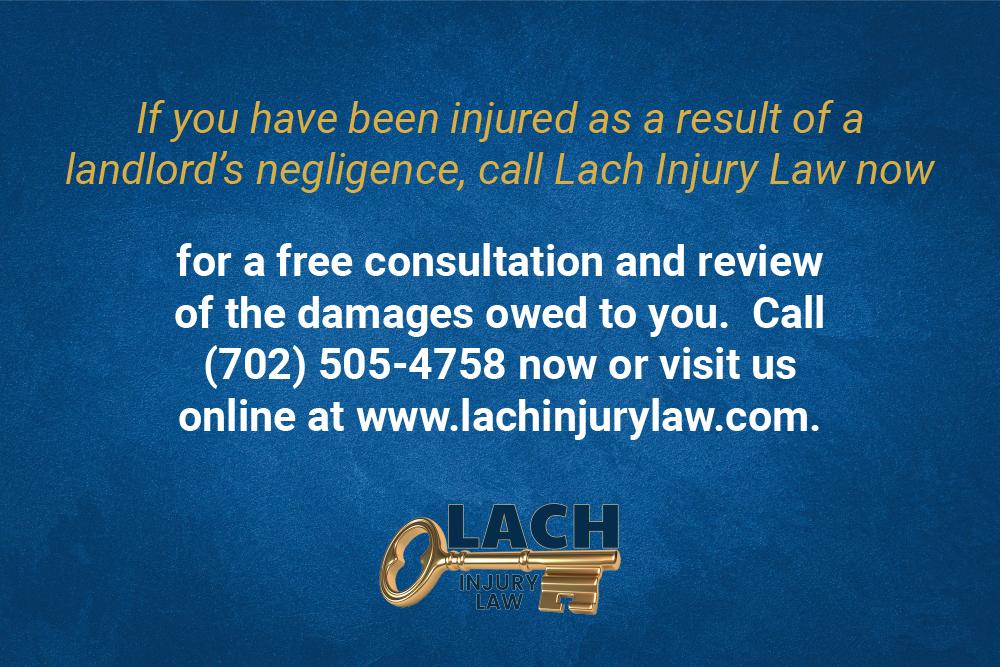
IF YOU HAVE BEEN INJURED AS A RESULT OF A LANDLORD’S NEGLIGENCE, call LACH INJURY LAW NOW for a free consultation and review of the damages owed to you. Call (702) 505-4758 now or visit us online at www.lachinjurylaw.com.

